Kenya
Kenya voted for a new president on Tuesday against a backdrop of economic hardship and growing disenchantment with the political elite, with voting largely peaceful but producing low turnout in some areas.
The country is hoping for an orderly transition of power after almost a decade under two-term President Uhuru Kenyatta, but concerns about vote-rigging linger after past election disputes triggered deadly unrest.
Deputy President and erstwhile heir-apparent William Ruto, 55, is running against Raila Odinga, the 77-year-old veteran opposition leader now backed by longtime rival Kenyatta after a stunning shift in allegiances.
Voters lined up well before dawn to cast their ballots in what has been billed as a key test for democracy in a country where ordinary people have become frustrated with political leaders and their failure to deliver on their promises.
By 4:00 pm (1300 GMT), 10 hours after polling began, turnout was at just over 56 percent of the 22 million registered voters, according to the Independent Electoral and Boundaries Commission (IEBC).
Comparable figures for the August 2017 election were not immediately available but overall turnout then reached 78 percent.
Polls were due to close at 5:00 pm (1400 GMT), with some stations reporting sparse turnout as they shut their doors.
Others continued to host queues of waiting voters while polling stations whose opening was delayed will stay open until later.
"Those of them on the queue, all of them will vote -- no-one will be turned away," said Sylvia Amoni, an election officer in a central district of Nairobi.
Many people said they hoped this year's vote would make their lives easier as they struggle to put food on the table amid soaring inflation and a crippling drought.
"I have come to vote to pick someone who bring change to this country," said unemployed 34-year-old Ruth Iminza in the Nairobi slum of Kibera.
"Everything has gone up including school fees for our children."
Hope for fair vote
Pressure is on the IEBC to ensure a free and fair vote in all six polls -- for the presidency as well as for senators, governors, lawmakers, woman representatives and some 1,500 county officials.
The IEBC acknowledged that about 200 electronic voter registration devices had failed, out of a total of more than 46,000.
Polling was suspended in Wajir, a county bordering Somalia, after a gunfight left election officials trapped inside an office where ballots were stored, the IEBC said.




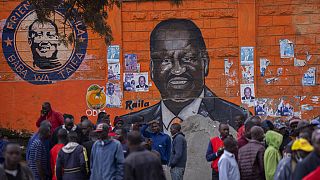
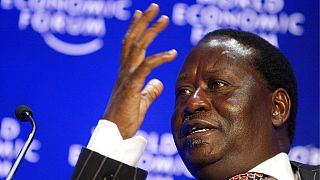


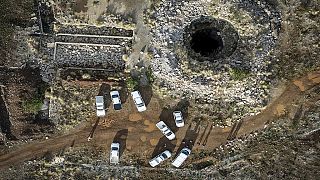
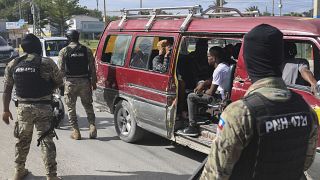
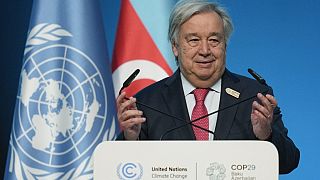
01:10
Voters head to polls in Somaliland as leaders hope for global recognition
01:11
Chad's electoral body disqualifies senior ruling party official
01:44
Mauritius heads to the polls in wake of wiretapping scandal
Go to video
Why Mozambique's election has sparked weeks of protests and a violent crackdown by police
01:00
Mozambique's President urges an end to deadly protests against recent election results
02:19
Botswana: UDC supporters celebrate election win